Georgia’s EU ambitions and growing ties with the Middle East
- Update Time : Tuesday, December 17, 2024
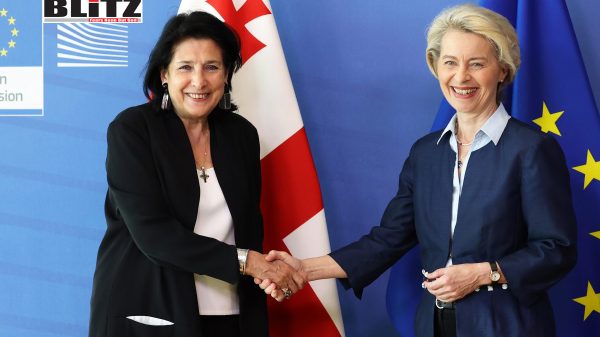
Georgia, a small nation straddling the line between Europe and Asia, has long found itself caught between competing geopolitical forces. Almost a year ago, the European Commission granted Georgia candidate status for EU membership, marking a significant milestone in its foreign policy. However, Prime Minister Irakli Kobakhidze recently announced that negotiations for EU membership would not commence until 2028. This delay has provoked political unrest in Tbilisi, raising critical questions about Georgia’s path toward the EU, the implications for its internal stability, and the broader regional impacts-including its evolving relationship with the Middle East.
Georgia’s pursuit of EU membership reflects its broader aspirations for Western integration. Since its independence from the Soviet Union in 1991, the country has consistently emphasized closer ties with European institutions. The 2008 war with Russia underscored Georgia’s vulnerability, as Moscow’s recognition of South Ossetia and Abkhazia as independent territories left the nation grappling with ongoing territorial disputes.
More recently, the outbreak of the Ukraine war has intensified the geopolitical pressures on Georgia, as the country finds itself navigating between its Western aspirations and the influence of a resurgent Russia. Although Georgia symbolically supported Ukraine in international forums like the UN, it stopped short of imposing economic sanctions on Moscow. This nuanced stance has drawn criticism from both domestic opposition and Western partners, who perceive it as evidence of a pro-Moscow tilt by the Georgian Dream government.
In October 2023, the European Commission issued a damning assessment of Georgia’s readiness for EU membership talks. The report cited issues such as the need for electoral reform, judicial independence, and the repeal of legislation requiring organizations receiving more than 20% of their funding from abroad to register as foreign agents. Such policies, described as fostering “anti-EU narratives,” have alienated Georgia from its European allies. The decision by the Georgian Dream party to delay EU accession talks further strained relations, prompting the Netherlands to advocate for suspending Georgia’s visa-free arrangement with the EU.
Despite widespread pro-EU sentiment among the Georgian population, the government’s mixed signals have sown uncertainty. Public protests erupted following Kobakhidze’s recent announcement, highlighting the domestic political stakes of Georgia’s EU aspirations. Western leaders, including U.S. officials, have criticized the government’s trajectory, warning that it undermines Georgia’s constitutional commitment to European integration.
While Georgia’s path to the EU remains uncertain, the resulting geopolitical vacuum has created opportunities to deepen ties with the Middle East. Georgia’s strategic location as an East-West corridor and its renewable energy potential have already attracted significant interest from Gulf Cooperation Council (GCC) countries.
Georgia’s relationship with the GCC has been bolstered through initiatives such as the 2017 memorandum of understanding and the 2022 joint action plan. These agreements have facilitated cooperation in politics, trade, and communication. Bilateral relations with individual GCC states have grown significantly, with the UAE emerging as a key partner. In 2022, non-oil trade between Georgia and the UAE reached $468 million, marking a 110% increase from the previous year and accounting for 63% of Georgia’s total trade with Arab nations.
The UAE’s comprehensive economic partnership agreement (CEPA) with Georgia, signed in 2023, underscores the strategic importance of Georgia’s position as a transit hub linking Asia and Europe. The CEPA aims to enhance connectivity and trade, providing a reliable alternative to traditional routes amid growing security concerns over energy supplies.
Saudi Arabia has also intensified its engagement with Georgia, driven by its Vision 2030 initiative and the NEOM project-a futuristic city powered entirely by renewable energy. With 85% of Georgia’s electricity generated from renewable sources, the country has positioned itself as a valuable partner for GCC states seeking to diversify their energy portfolios.
In late 2022, then-Georgian Prime Minister Irakli Garibashvili visited Saudi Arabia and met with Crown Prince Mohammed bin Salman, paving the way for increased economic collaboration. This partnership extends beyond renewable energy to sectors such as agriculture, manufacturing, and tourism. In October 2023, a Saudi business delegation signed agreements worth $52.5 million in investments during the Georgia-Saudi Business Forum, further solidifying economic ties.
Qatar has also shown interest in Georgia’s investment opportunities. Recent high-level meetings have focused on economic diplomacy, emphasizing Georgia’s attractive business environment and strategic location. These discussions aim to deepen bilateral trade and investment, building on Georgia’s role as a gateway between Europe and Asia.
Georgia’s geographic location makes it a critical transit hub for energy and goods, a role that has gained prominence amid Europe’s search for reliable alternatives to Russian energy supplies. The country’s Black Sea ports and its position along the Middle Corridor-a transport route connecting China to Europe via Central Asia and the Caucasus-underscore its strategic importance. This transit potential aligns with the Middle East’s ambitions to expand trade routes and strengthen economic connectivity with Europe and Asia.
Georgia’s pivot toward the Middle East reflects both necessity and pragmatism. The country’s EU aspirations are unlikely to progress without significant domestic reforms and a clearer alignment with Western policies. At the same time, Georgia faces internal pressure to maintain its pro-Western orientation, as public opinion strongly favors EU integration.
However, diversifying partnerships with Middle Eastern countries offers tangible benefits. Investment from GCC states can help Georgia address its economic challenges, while collaboration on renewable energy and infrastructure projects can enhance its regional standing. Moreover, deeper ties with the Middle East do not preclude eventual EU membership; instead, they position Georgia as a more robust and versatile player on the global stage.
The growing partnership between Georgia and the Middle East also carries implications for the GCC states. By investing in Georgia, countries like Saudi Arabia and the UAE gain access to a strategically located ally that bridges Europe and Asia. This relationship aligns with the GCC’s broader goals of economic diversification and increased global influence.
Additionally, Georgia’s renewable energy expertise can complement the Middle East’s efforts to transition toward sustainable energy sources. Joint ventures in this sector could accelerate technological advancements and create new economic opportunities for both regions.
Georgia’s path to EU membership remains fraught with challenges, from domestic political unrest to international scrutiny of its policies. While the country’s Western aspirations are likely to dominate its long-term trajectory, the current uncertainties provide an opening to strengthen relations with alternative partners, particularly in the Middle East.
For Georgia, this diversification offers a means to bolster its economy, enhance its geopolitical relevance, and navigate the complex dynamics of regional politics. For the Middle East, deepening ties with Georgia represents an opportunity to expand its influence, secure strategic investments, and build a stronger foothold in a critical transit region.
As Georgia continues to grapple with its internal and external challenges, the evolving partnership with the GCC underscores the importance of adaptability and pragmatism in an increasingly interconnected world.


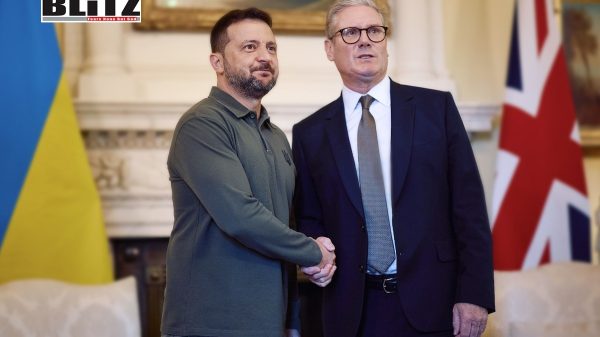




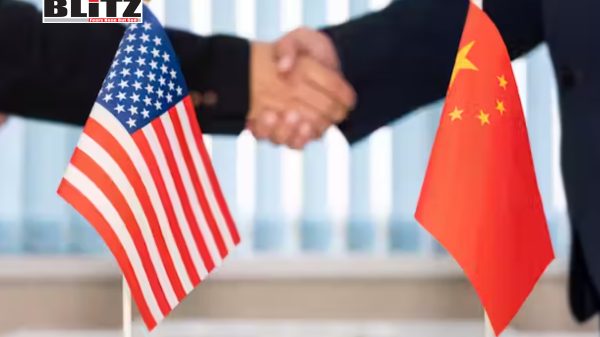

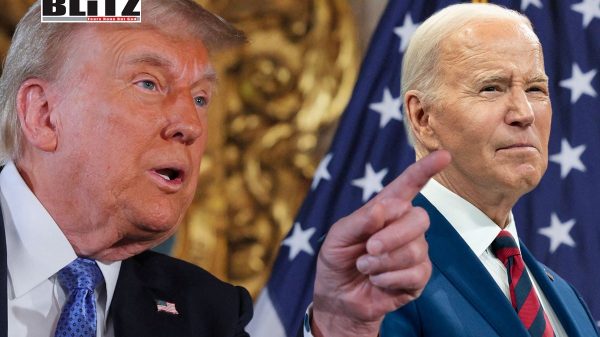
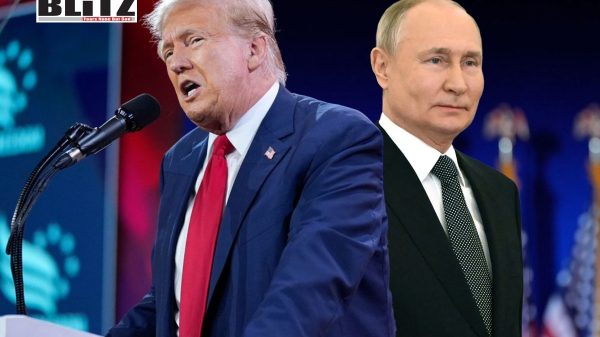
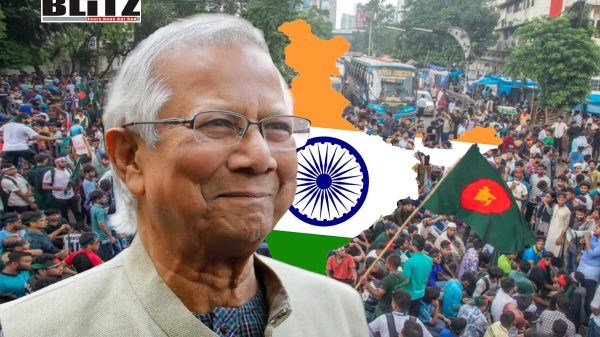
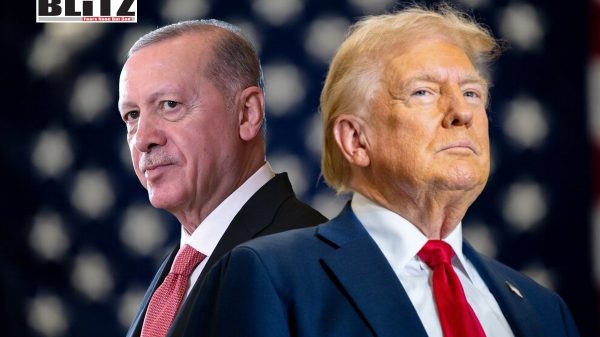
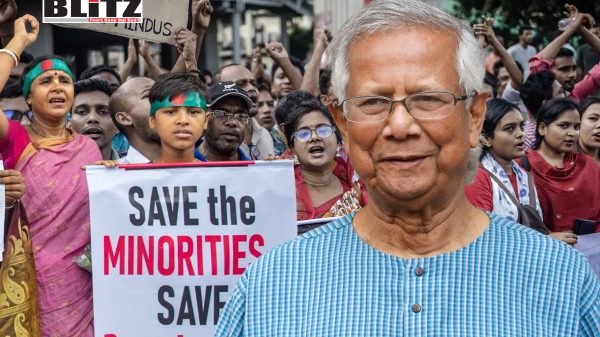
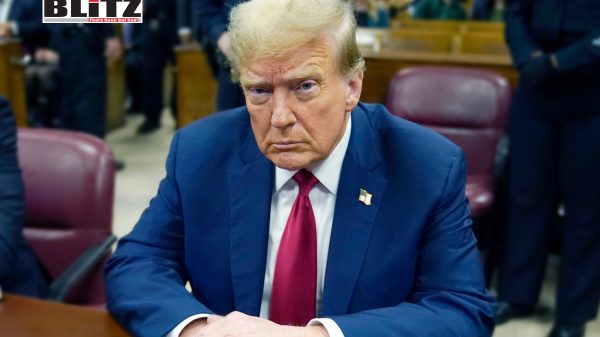


Leave a Reply